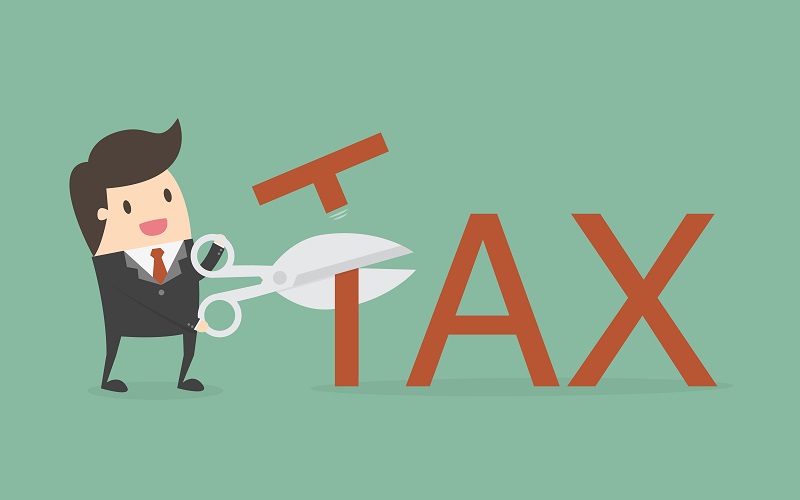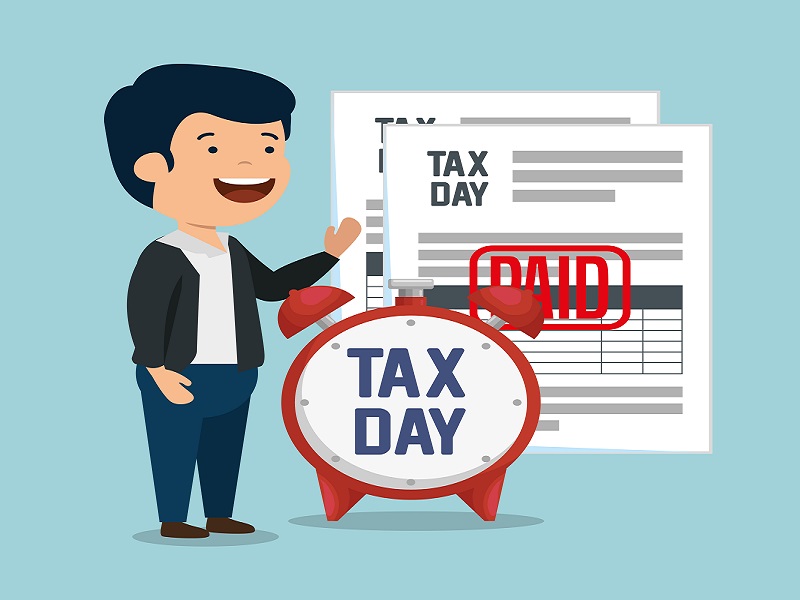The Buyt Desk
Almost all high-value transactions are reported to the Income Tax Department by the financial entities when the value surpasses the specified threshold limit. The Income Tax Department has agreements with all the financial institutions and many government entities so that the department can access the financial information of all the taxpayers. Every high value transaction is tracked and the same is checked with their IT returns. If the person fails to mention the same in his /her Income Tax (IT) returns then they will get the notice and have to pay a penalty to the tax department.
The IT department has set some upper limit for transactions and anything that crosses this limit is called a high value transaction. Anyone doing such a transaction is likely to get IT notice from the department. Because every high-value transaction is notified to the IT department. It keeps a close watch on an array of bank transactions, mutual fund investments, cash-related activities, brokerages and property registrations.
Let us understand a few high value transactions in detail.
High-Value Cash in Fixed Deposit
Any cash deposits in bank Fixed Deposit that exceeds Rs 10 lakh is considered a high value transaction and the same is reported to the IT department. The Central Board of Direct Taxes has dictated banks to reveal the transactions of individuals when he /she has one or more fixed deposits in the bank that exceeds Rs 10 lakh. If you are a bank depositor keep this in mind and mention the transaction in your IT returns because they already know it.
Cash Deposit in Savings Bank Account
The IT department may serve you an income tax notice if your savings bank account has deposits exceeding Rs 10 lakh during the financial year. The limit set for savings Bank Account is Rs 10 lakh during a financial year and Rs 50 lakh for Current Accounts. Any transaction crossing these limits is revealed to tax authority by the banks.
Paying Credit Card Bills
The Central Board of Direct Taxes has stated that any cash payments of Rs 1 lakh or more towards the credit card arrears should be reported to the IT department. Also in a financial year if the payment towards the credit card settlement is Rs 10 lakh or more, the same needs to be reported to the tax authorities. Your credit card is linked to your PAN and the IT department tracks your credit card transactions. Never hide any transaction in your IT returns as they already have your details. You should be concerned about the income tax that applies to credit card transactions and don’t go overboard with your credit card spending limit.
Purchase or sale of an immovable property
Any purchase or sale of immovable property that amounts to 30 lakh and above should be reported to tax authority by property registrar. While filing IT returns the buyer or seller should specify the same in 26AS form. The IT department cross verifies every high value transaction on an individual’s IT returns and if the same is not reflected then he /she will get IT notice.
Cash transactions related to Shares, Debentures, Mutual Funds and Bonds
Any transaction for purchasing bonds or debentures of Rs 10 lakh and above in a financial year is to be reported to tax authorities by institutes that issue bonds or debentures. And the same applies to stocks and mutual funds too. The IT department has a mechanism to track high-value transactions done by taxpayers and it is an Annual Information Return (AIR) account of financial transactions. Using this tool, they keep track of all unusually high value transactions in that fiscal year. So people investing in stocks, debentures, bonds or mutual funds must take care to not cross mark of Rs 10 lakh and if they do then they must verify the AIR segment of Part E of 26AS form for all the high-value financial transactions.
Sale of foreign currency including cost of foreign exchange
Any individual who is selling foreign currency should not sell for Rs 10 lakh or more in that financial year to be away from IT radar. Also notify the IT department of any credit through an insurance or credit card or debit card of traveler’s draft or cheque, or other instruments in foreign currency.







